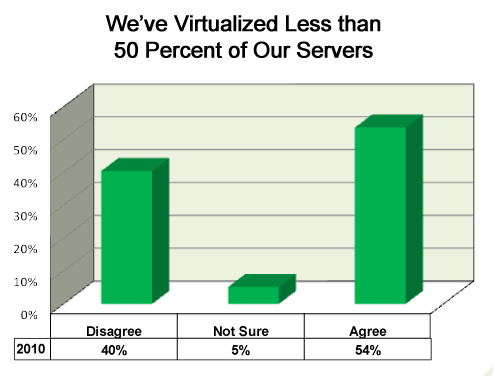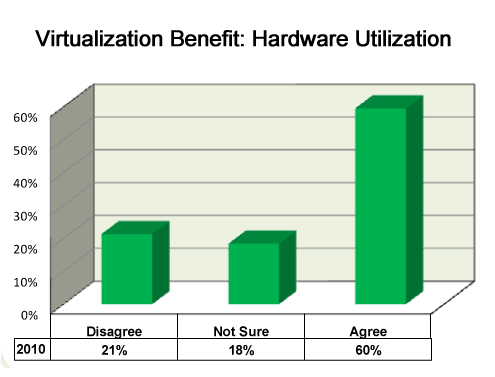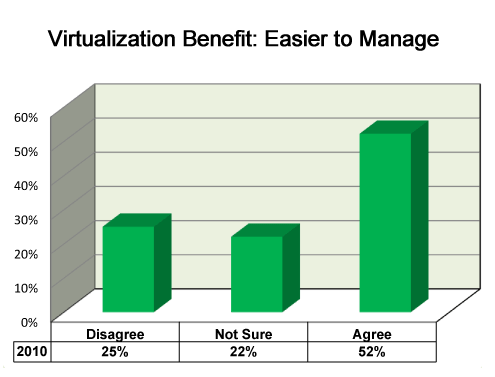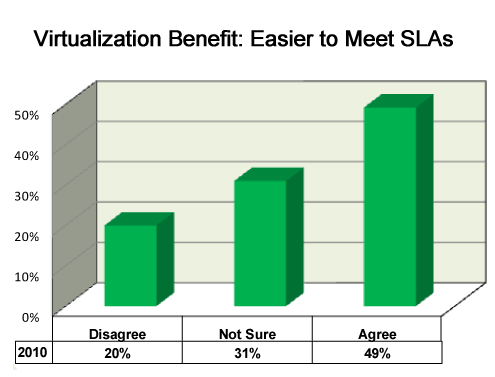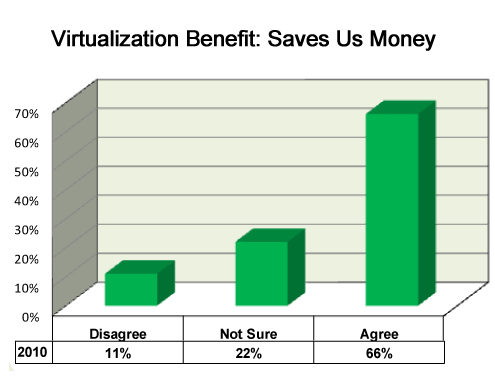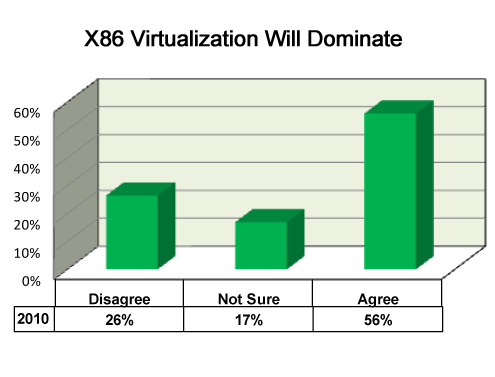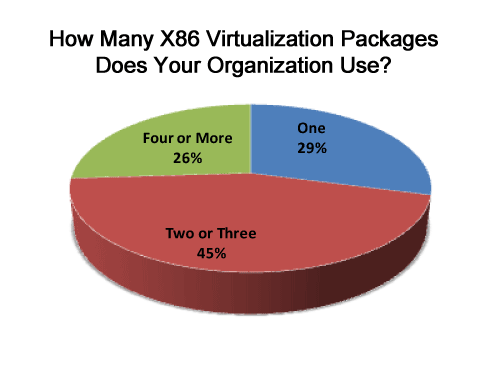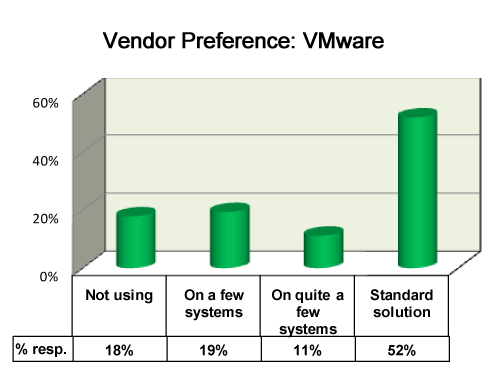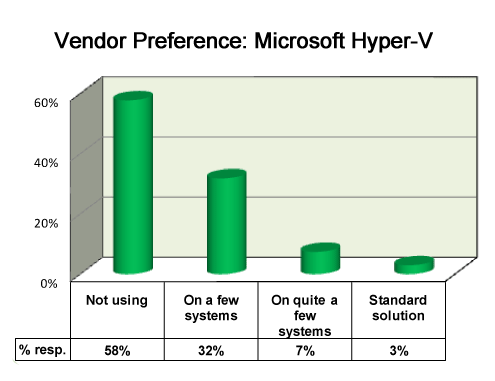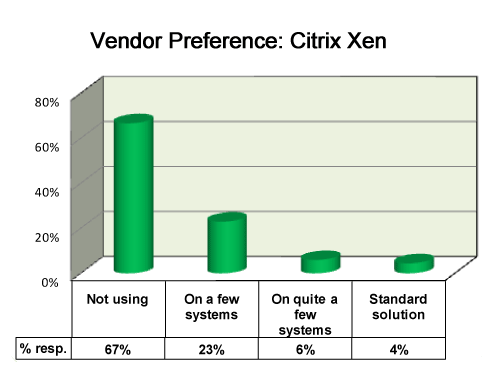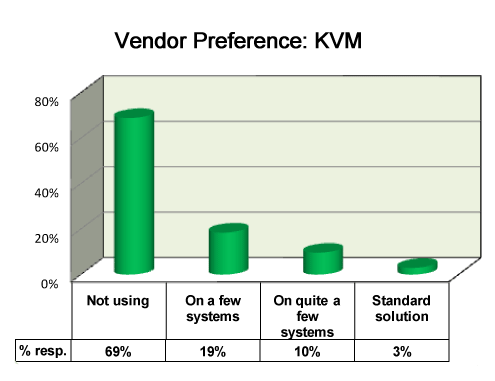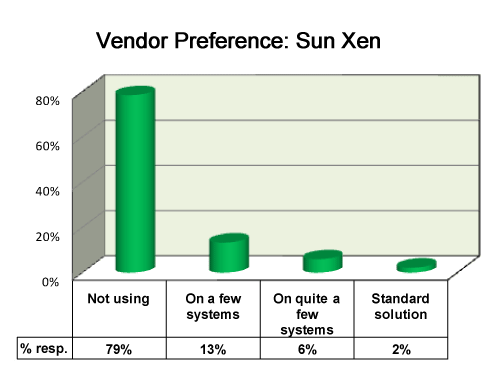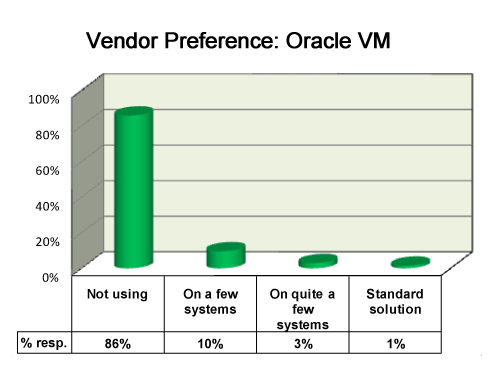A new survey from Gabriel Consulting Group found that many IT organizations are starting to hit the wall when it comes to virtualization on x86 servers.
In a survey of 199 managers of data centers with x86 servers, Gabriel Consulting Group found that most have embraced virtualization to one degree or another. But the survey also finds that over half the respondents have yet to virtualize over half their servers.
Dan Olds, principal of Gabriel Consulting Group, says the numbers clearly show that virtualization adoption in x86 server environments has stalled. The reasons for this include the challenges associated with trying to manage hundreds of virtual machines in these environment and resistance from application owners that are concerned about the impact that virtualization might have on the performance of mission-critical applications. In essence, Olds says the x86 community is going through the same growth pains that the UNIX/RISC and mainframe communities experienced with the adoption of virtualization.
In addition, Olds suspects that customers are showing some price sensitivity to the virtualization management tools they will need to manage higher numbers of virtual machines that inevitably will be running more application workloads as new, faster servers get deployed.
But what is most surprising about the survey results, says Olds, is the diversity of the virtual machine environments. The survey finds that 70 percent of the respondents are using more than one type of virtual machine on their x86 servers, although it is also clear that VMware remains the dominant virtual machine platform.
How long virtualization adoption on x86 servers will continue to stall is anybody’s guess. But the fact of the matter is that when it comes to virtualization, there is definitely the possibility of having too much of a good thing.
Click through for virtualization survey results from Gabriel Consulting.
A certain amount of stall has set in.
It’s about getting more out of hardware.
Folks are of mixed opinions on this score.
Same holds for SLAs.
Pros outweigh the cons.
A little over half see it that way.
More diversity than most people think.
VMware still dominates.
Making inroads.
Same goes for Xen.
Riding on Linux coattails.
Not enough critical mass.
On either Oracle virtual machine platform.



